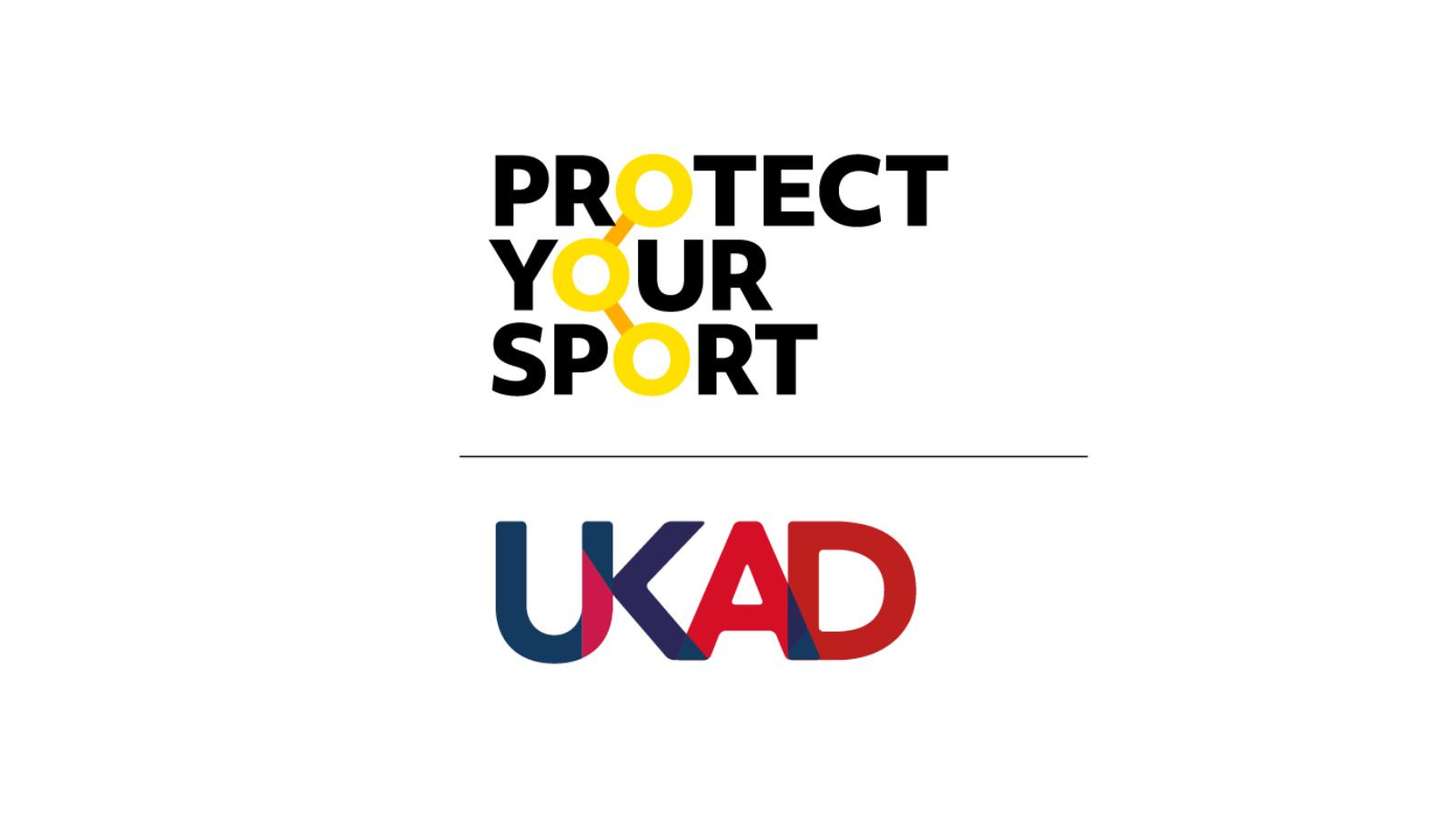A louder whistle: UKAD’s intelligence reports boosted. New figures confirm over 180 doping reports were made to UKAD in 2023.

In a notable increase from the preceding three years, UK Anti-Doping (UKAD) received 184 reports of suspected doping via its confidential reporting channel ‘Protect Your Sport’ in 2023. This is a significant jump compared to previous years, with 10 reports received in 2020, 75 in 2021, and 110 in 2022.
UKAD believes the continued growth is due to its ongoing campaigning efforts and the ease of using the Protect Your Sport system to report. It also says it shows people are trusting the confidential processes that the initiative deploys, as well as the importance of making whistleblowing safe and the right thing to do.
The increase in numbers also comes following the introduction of a new violation in the 2021 World Anti-Doping Code (the Code), which is designed to provide further protection to individuals sharing information on doping in sport. Under the Code, it is an offence to either discourage the reporting of information or to retaliate against an individual for sharing information.
Protect Your Sport was launched in November 2020 with the aim of boosting the number and quality of intelligence reports coming through to the organisation from the elite sport community. UKAD wants to continue this focus, encouraging individuals with information, to come forward in confidence and without fear. The organisation recently commissioned academic research into the behavioural science of whistleblowing to inform their Protect Your Sport work going forward.
Coming forward and reporting to UKAD is integral to protecting clean sport. Reports can lead to anti-doping investigations. Evidence obtained from these reports can ultimately lead to UKAD charging an individual with an Anti-Doping Rule Violation (ADRV). Reports also help UKAD to carry out targeted testing in sport, and / or intervene and disrupt potential doping in the future.
Last year, UKAD received reports from 25 different sports, 68 of which concerned national-level participants. Of the 27 ADRV sanctions that UKAD published in 2023, over 40% arose following receipt of intelligence reports from the sport community and wider public.
Protect Your Sport offers three ways to report: by email (pys@reportdoping.com), online (search: Protect Your Sport), or by phone (08000 32 23 32). No matter how small the information may seem, each piece of intelligence that comes in to Protect Your Sport is evaluated and can make the difference.
Mario Theophanous, UKAD’s Head of Intelligence and Investigations, said:
“We are delighted that year on year more reports are coming in to UKAD. By releasing our Protect Your Sport reporting numbers today, we hope to encourage others to come forward. We want people to know that they are not alone when it comes to voicing their concerns around doping in sport, and that reporting to UKAD is both safe, easy and the right thing to do.
“The ongoing Protect Your Sport campaign has been hugely successful, and I would like to thank all the individuals who have come forward to date to share information in their sport.
“My team has been trusted by individuals to act on their information, and to protect their identities, which is of the upmost importance to us. However small you may feel the information is, we want to hear it, so that we can act, fight for fairness and ensure there is a level playing field for athletes. It takes a team to protect clean sport.”
UKAD’s approach to seeking information from the public is informed by research from the World Anti-Doping Agency (WADA) and Leeds Beckett University, which in 2016 identified some of the barriers athletes and support personnel face when they want to speak out about their concerns. These include a lack of awareness of how to report, uncertainty that what they have witnessed is enough to report, concerns over confidentiality and a feeling they won’t be taken seriously.
UKAD's Protect Your Sport campaign is starting to break down those barriers and gain the trust of the sporting community, which is evident in the reporting numbers shared.
To find out more about Protect Your Sport, visit the UKAD website.
